Introduction
Bleach is a commonly used household cleaning agent known for its disinfecting properties. When it comes to dishwashers, using bleach can be a topic of debate. While bleach can help remove stains, eliminate bacteria, and sanitize surfaces, it is important to exercise caution and follow specific guidelines when considering its use in your dishwasher. In this guide, we will explore the considerations and guidelines to help you make an informed decision about using bleach in your dishwasher.
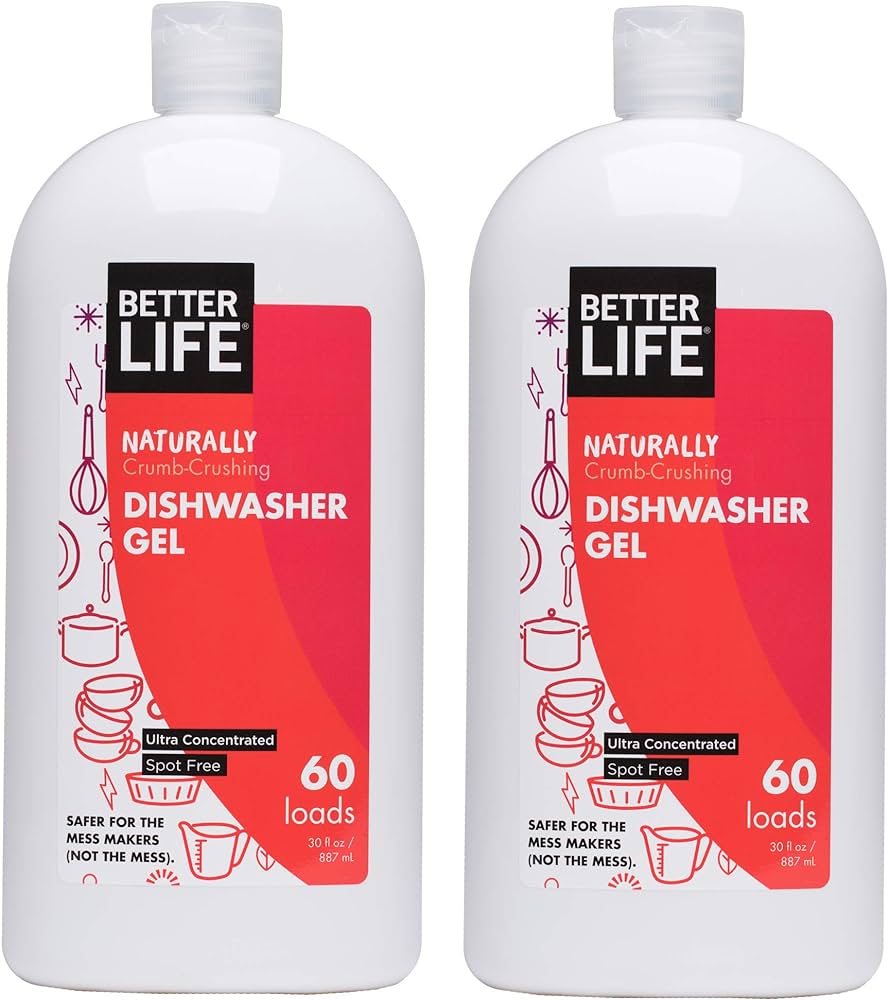
Can I use bleach in my dishwasher?
I. Understanding the Role of Bleach
-
Disinfecting and Cleaning Agent:
- Bleach is widely recognized for its ability to kill bacteria, viruses, and molds and remove stains from a variety of surfaces. It helps sanitize and clean various areas in the home, including the dishwasher.
-
Chemical Composition:
- The active ingredient in bleach is sodium hypochlorite, which acts as a powerful oxidizing and sanitizing agent. It is important to be aware of the concentration of bleach you are using, as different concentrations have varying potencies and recommended uses.
II. Can I Use Bleach in My Dishwasher?
-
Manufacturer’s Guidelines:
- When considering the use of bleach in your dishwasher, it is crucial to consult the manufacturer’s guidelines and recommendations. Certain dishwasher models may have specific instructions or restrictions regarding the use of bleach.
-
Non-Stainless Steel Interiors:
- If your dishwasher has a stainless steel interior, it is generally safe to use bleach for occasional stain removal or sanitizing purposes. However, if your dishwasher has a non-stainless steel interior, using bleach may cause discoloration or damage.
-
Consult the User Manual:
- Refer to the user manual provided with your dishwasher for specific instructions on whether bleach is safe to use and any recommendations or precautions related to its usage.
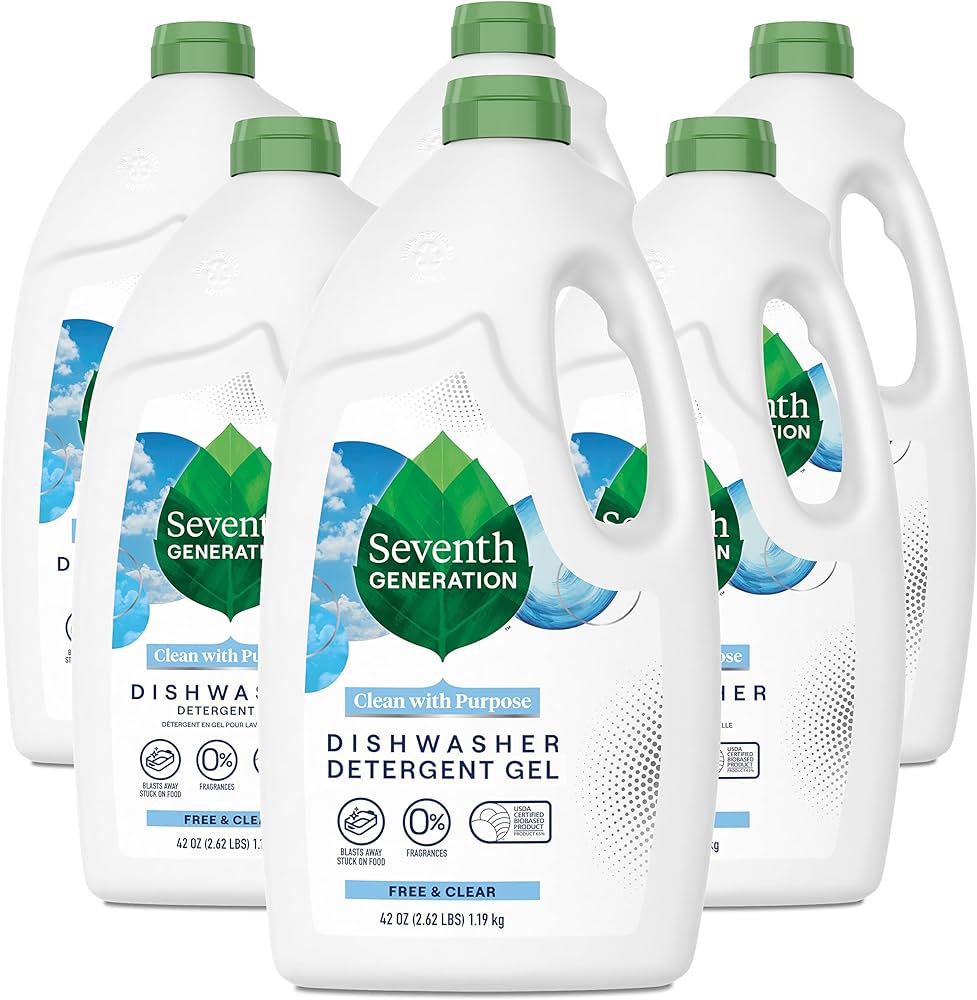
III. Benefits of Using Bleach in Your Dishwasher
-
Stain Removal:
- One of the primary benefits of using bleach in your dishwasher is its ability to effectively remove stubborn stains caused by coffee, tea, wine, or food discoloration. Bleach can help restore the bright and clean appearance of your dishwasher interior.
-
Bacterial Elimination:
- Bleach is a powerful disinfectant that can eliminate bacteria, viruses, and molds. Using bleach in your dishwasher periodically can help sanitize the interior and reduce the presence of harmful germs.
-
Odor Elimination:
- Bleach can help eliminate unpleasant odors caused by bacteria or mold growth in your dishwasher. By sanitizing and thoroughly cleaning the dishwasher with bleach, you can reduce the chances of foul smells lingering after each wash cycle.
IV. Guidelines for Using Bleach in Your Dishwasher
-
Check Compatibility:
- Before using bleach in your dishwasher, check the dishwasher’s manufacturer guidelines for any restrictions or recommendations. Ensure that your dishwasher interior is made of stainless steel or other materials that are safe for use with bleach.
-
Proper Dilution:
- Bleach should be diluted before being used in your dishwasher. Follow the manufacturer’s instructions regarding the recommended bleach-to-water ratio for safe and effective use.
-
Avoid Mixing Cleaning Products:
- Never mix bleach with other cleaning agents or detergents, as the combination can create toxic fumes. Use bleach separately and ensure that all traces of other cleaning products are removed before using bleach in your dishwasher.
-
Precautions when Handling Bleach:
- When handling bleach, take necessary precautions to protect yourself. Wear protective gloves and ensure that the area is well-ventilated. Avoid contact with your skin or eyes and keep bleach out of reach of children and pets.
-
Proper Rinse Cycle:
- If you choose to use bleach in your dishwasher, run an additional rinse cycle after using bleach to ensure that all traces of bleach are rinsed away. This step is crucial to prevent any potential residue from affecting the cleanliness of your dishes.
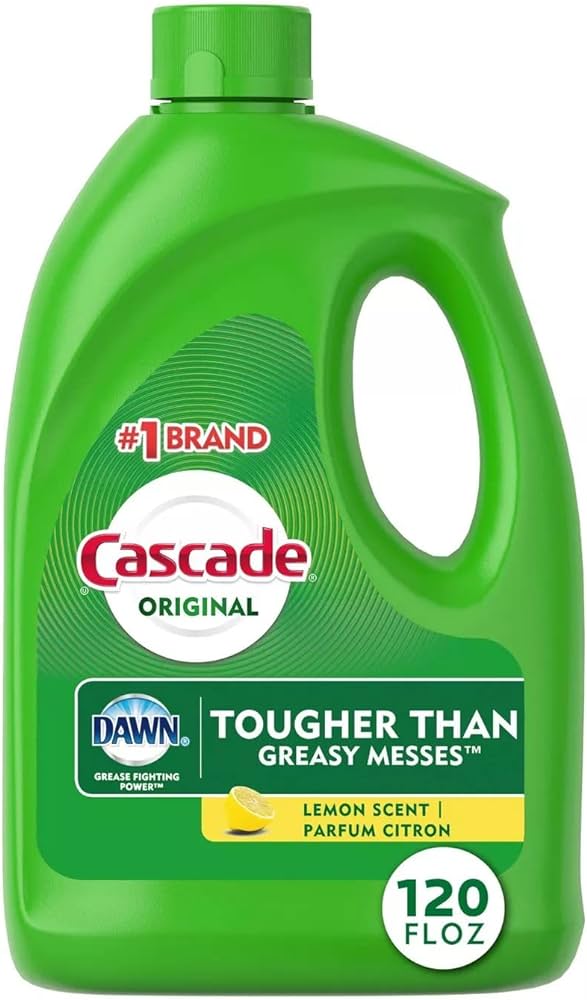
V. Alternatives to Bleach
-
Vinegar:
- Vinegar is a natural and effective alternative to bleach for cleaning and sanitizing your dishwasher. It can remove stains, eliminate odors, and inhibit bacterial growth. Use white vinegar and run a cycle with a cup of vinegar placed securely in the top rack of your dishwasher.
-
Baking Soda:
- Baking soda is another natural option for cleaning and deodorizing your dishwasher. It can help remove stains and neutralize odors. Sprinkle a cup of baking soda at the bottom of your dishwasher and run a short cycle using hot water.
-
Commercial Dishwasher Cleaners:
- Commercial dishwasher cleaners are formulated with specific ingredients to break down grease, remove stains, and eliminate odors. These ready-to-use cleaners can be effective alternatives to bleach and may not have the same compatibility restrictions.
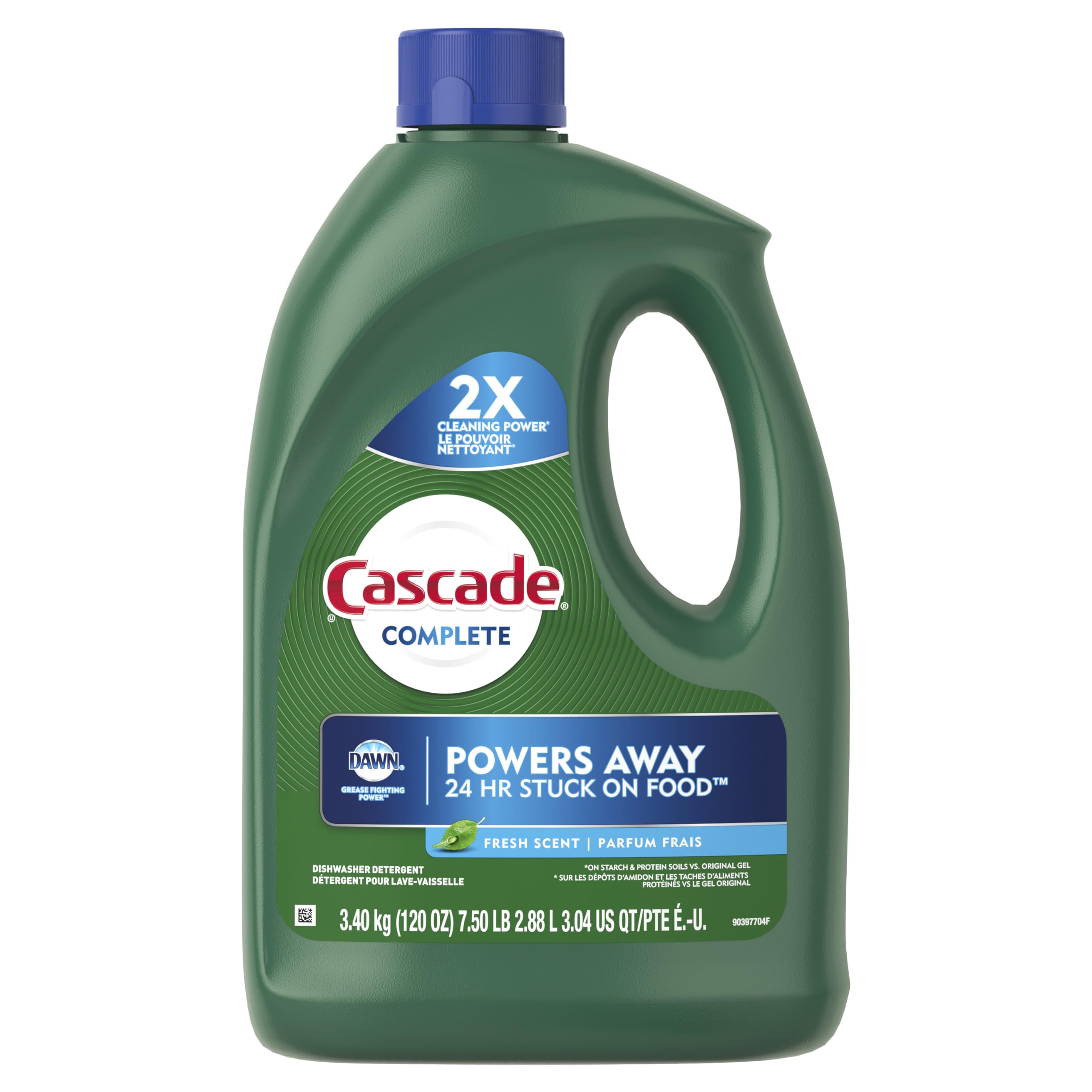
VI. Safety Precautions and Considerations
-
Health and Safety:
- When handling bleach, follow the safety guidelines provided by the manufacturer. Avoid breathing in bleach fumes, and never mix bleach with other cleaning agents. Keep bleach away from children, pets, and food preparation areas.
-
Stainless Steel Compatibility:
- If your dishwasher has a stainless steel interior, using bleach periodically may help maintain its cleanliness and appearance. Always check the manufacturer’s guidelines for compatibility and any specific recommendations regarding cleaning products.
-
Alternative Methods:
- If you prefer to avoid using bleach altogether, alternate methods such as vinegar or baking soda can effectively clean and deodorize your dishwasher. These natural remedies can provide similar benefits to bleach without the potential compatibility concerns.
VII. Consult the Manufacturer and Consider Personal Preferences
-
Manufacturer’s Guidelines:
- The manufacturer’s guidelines are essential in determining whether it is safe to use bleach in your specific dishwasher model. These guidelines consider compatibility, materials, and recommendations for effective and safe cleaning.
-
Personal Preferences and Considerations:
- Your personal preferences and cleaning priorities will also shape your decision. If you are comfortable using bleach and your dishwasher allows for it, following the guidelines and guidelines will help you make an informed choice.
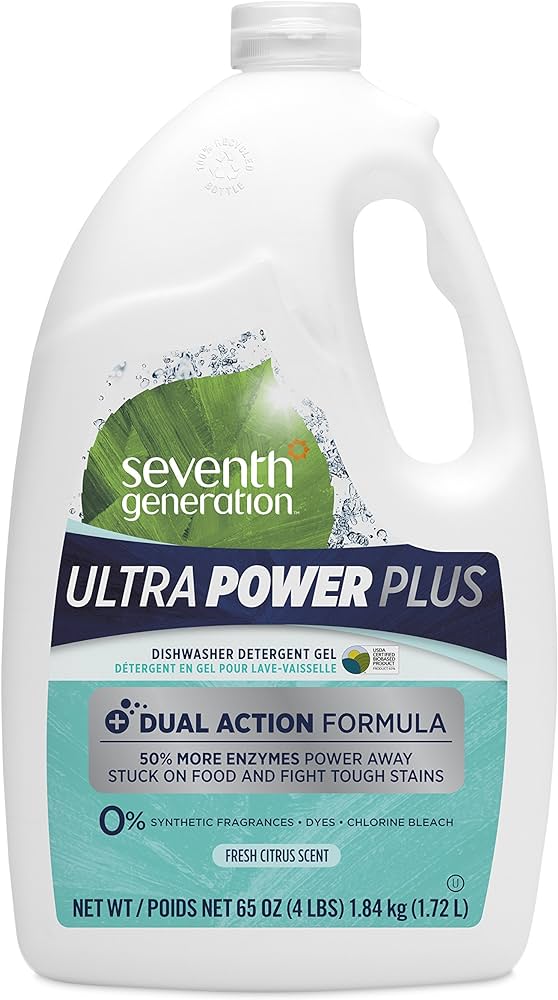
VIII. Conclusion: Weighing the Pros and Cons
Using bleach in your dishwasher can be an effective option for stain removal, bacterial elimination, and odor control. However, it is crucial to consider compatibility with your dishwasher’s interior and adhere to specific guidelines provided by the manufacturer.
Before using bleach, explore alternative options such as vinegar or baking soda that can provide similar cleaning benefits without potential compatibility concerns. Always prioritize safety precautions, follow proper dilution methods, and avoid mixing bleach with other cleaning agents.
By considering the manufacturer’s guidelines, personal preferences, and alternative cleaning methods, you can make an informed decision about using bleach in your dishwasher to ensure a clean and sanitized dishwasher interior.

